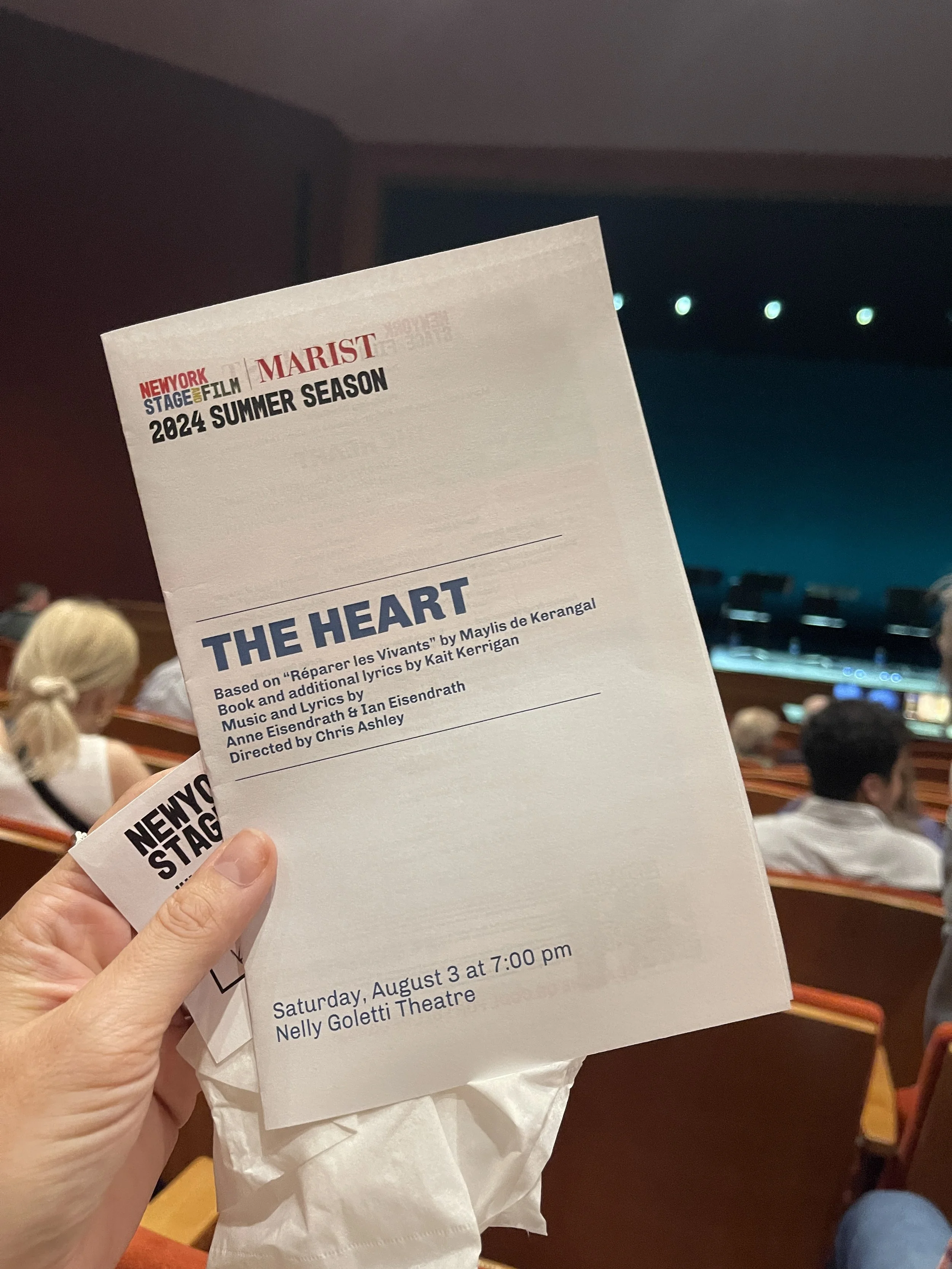Product of grief
So much of the contention I see in the country right now feels like the product of grief. Not grief as in the loss of a person, but grief as in the loss of an idealized future. Grief as a resistance to the societal changes that are occurring at a faster rate than ever before. And the anger that can surface when we our grief is left unchecked and unseen.
When yearned for plans fall through, a date night or a vacation, we are disappointed. But when those broken plans affect the way we envision our future, we grieve. I felt this when I realized my disabled daughter would not have the life I envisioned for her. I had to process and grieve the steps she would never take, the words she would never say, the moments she would never experience.
Much of our country is also grieving a future they thought they would have. Generation after generation of Americans, has prospered more than the one before them. Until recently. Higher education, home ownership, and a retirement plan used to be achievable goals on a middle-class salary. We were told that all you needed to do was work hard and you might not be rich, but you’ll be able to take care of your family. For entirely too many Americans this has not been the case, and they feel cheated out of a future they thought was theirs. They are grieving an idealized life.
Add on to that, the advent of the internet and how small it has made our world. Mass communication is instantaneous and along with that comes the thoughts, ideas, and identities of people wildly different from those in our immediate community. When I was growing up in the Midwest I felt the pressure toward homogeny. Sameness was valued.
Then suddenly there was an influx of information via the internet and globalization. Those who don’t fit the heteronormative status quo felt more comfortable being themselves. These people have always been a part of our society, they just hid themselves, or didn’t have the vocabulary to express themselves because it didn’t exist yet. But now they have a language and a microphone at that, and this seemingly rapid shift can come as shock to those that were unaware that it has existed all along.
Resisting change is also form of grief. We cling to what is familiar, even if that is harmful to others or to ourselves. After my daughter died, it took me more than a year to relinquish my depression, to choose to live. I recognized that there was joy seeping back into my life, but I wanted to resist it, in part because the sadness had become my normal, it was familiar now, and it felt safer to stay under the covers than to risk living again. But this resistance to change, to my new reality without my daughter, wasn’t healthy for me or those that loved me.
When we are grieving something ambiguous like an idea, it can be harder to process that grief because it is more difficult to understand. It is not as if we are grieving something we physically had and then was taken away. We are grieving a dream, a story told to us that we thought was ours. It is easy to slip into the mindset of a victim, to look for someone or something to blame, and to get angry.
I know these feelings intimately. Grief is a beast that often changes the very fabric of who we are and how we think of ourselves. It can blind us to realities, confuse our priorities, and turn us away from those who love us but don’t understand us.
Look, I know that I am not going to be able to change the mind of any of Trump’s base. But I do have empathy for many of them. Their unwitnessed grief at the current economic status quo festered into anger, and that has been fanned into hatred which in turn has been misdirected. Instead of seeing the billionaires and mega corporations for the resource hoarders that they are, they have been idealized. Similarly, opening doors for others does not mean that doors are closing on someone else.
Grievers must move past anger and choose to begin healing. Or maybe use the anger to motivate the healing. Either way, the answer is not going back to the way things were, the answer is always, always moving forward.
Photo Credit: Jennifer Loomis Photography
Photo ID: A black and white photo of Kelly holding a nearly four year old Adelaide in her arms and kissing her forehead. They are both wearing white against a black backdrop.



